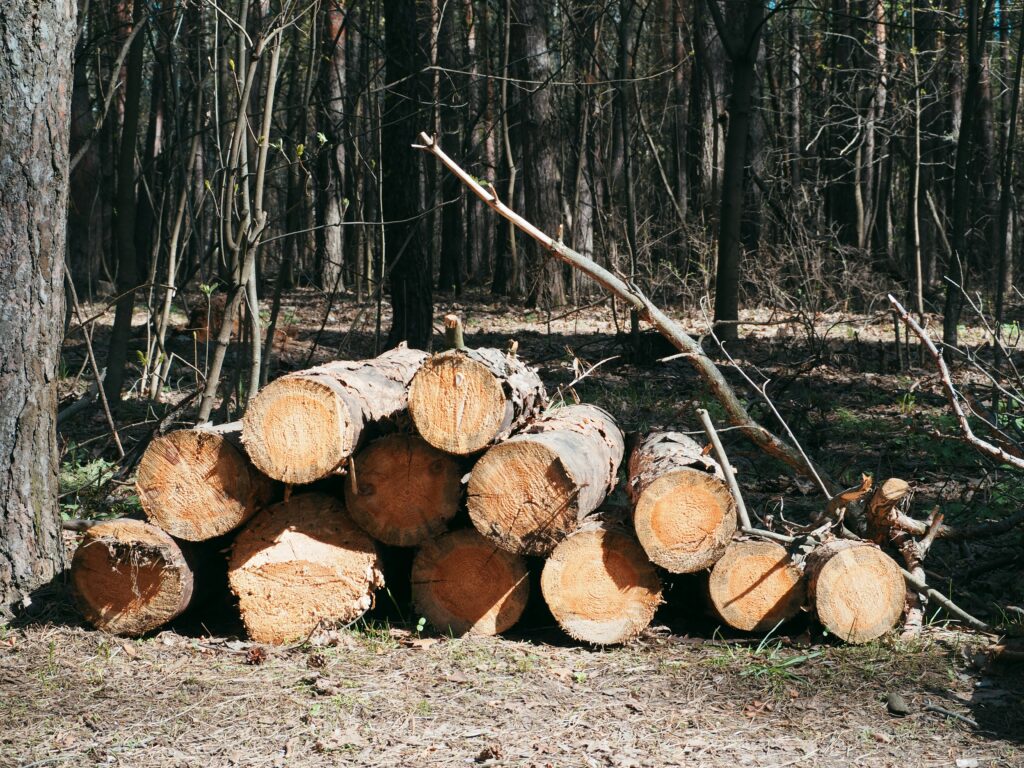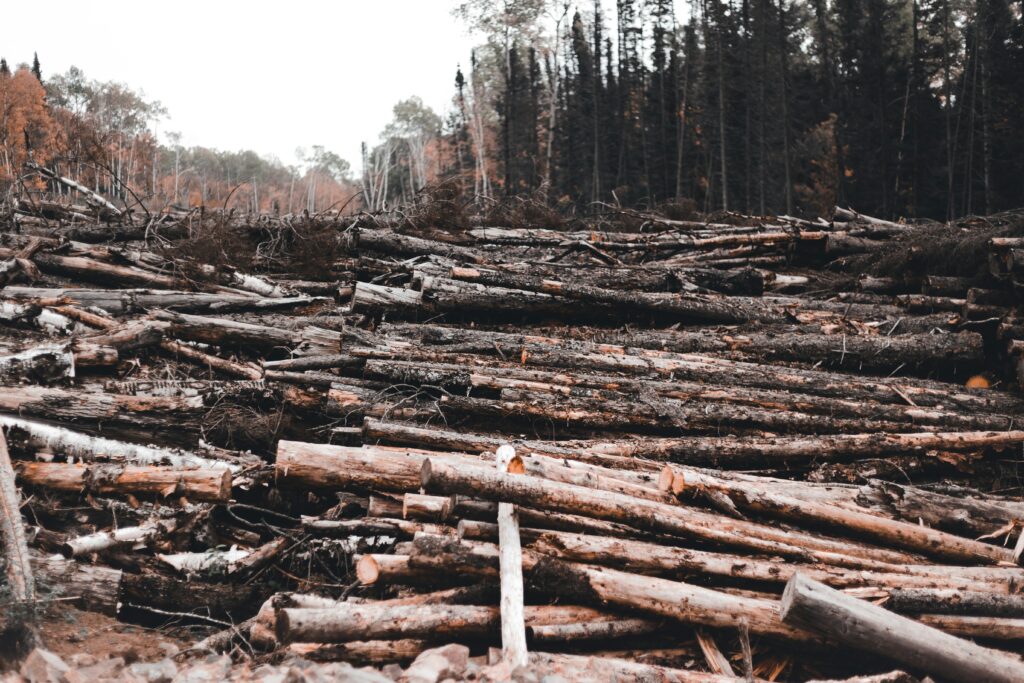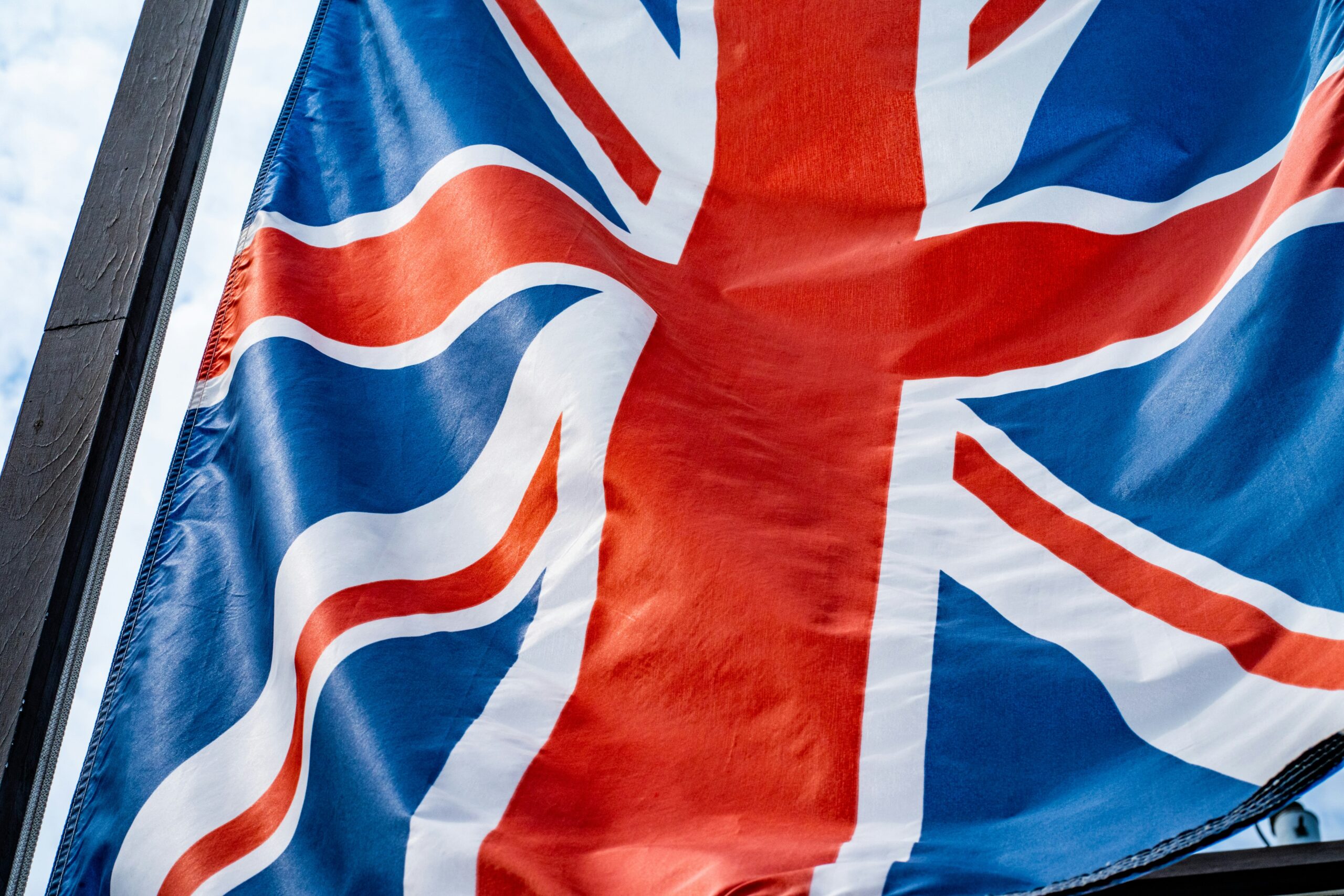When it comes to trade between the UK and the European Union, a quiet but major shift is happening. The EU Deforestation Regulation (EUDR) is about to redefine how agricultural and forest-related commodities move across borders. It’s not just another environmental rule on paper. This law demands proof, precision, and transparency from every company touching products linked to deforestation.
For British businesses that still rely on EU trade, understanding the EUDR isn’t optional. Whether you deal in cocoa, soy, leather, or timber, compliance will soon be a daily reality.
This article breaks down what the regulation is, who it affects, and how UK companies can prepare without losing sleep (or contracts).
What the EUDR Actually Is
The EU Deforestation-free Regulation came into force in June 2023 and, following the December 2024 delay, will apply fully from December 30, 2025 for large and medium companies, and June 30, 2026 for small and micro enterprises.
Its main goal is simple but far-reaching: to stop the EU market from contributing to global deforestation and forest degradation. That means companies must now prove that the goods they sell or import into the EU haven’t come from land that was cleared or degraded after December 31, 2020.
The regulation applies to seven key commodities and their derived products:
- Cattle (including beef and leather)
- Cocoa
- Coffee
- Soy
- Palm oil
- Rubber
- Wood
And because these materials appear in everything from chocolate to car tires and furniture, the scope of the EUDR extends far beyond farming. It touches retail, automotive, construction, fashion, manufacturing, and even pharmaceuticals.
How the Regulation Works in Practice
The EUDR introduces a due diligence system that companies must implement before placing products on or exporting them from the EU market. It’s built around three main pillars:
Information Gathering
Businesses must collect precise data on their products: origin, suppliers, production sites, quantities, and the geolocation of every plot of land involved in production. The days of vague supplier declarations are over.
Avaliação dos riscos
Each company must evaluate the likelihood that its products are linked to deforestation. Factors include the country of origin, proximity to protected forests, local deforestation rates, and whether indigenous communities are affected.
Mitigação de riscos
If any risk remains, businesses must take concrete steps to reduce it before trade can proceed. This might involve independent audits, field verification, or working with local suppliers to strengthen documentation.
All of this information feeds into a Due Diligence Statement (DDS), which companies must submit digitally to EU authorities before their goods cross the border.

From Rules to Action: How We Simplify EUDR Compliance
Em EUDR.co, we’ve built our platform to make this entire process less overwhelming. We know what it’s like to face mountains of supplier data, confusing deadlines, and the constant fear of missing a small detail that could trigger a fine. That’s exactly why we designed a system that handles the hard parts for you.
Our compliance engine automates data collection, satellite-based monitoring, and due diligence reporting, so you can focus on running your business instead of managing paperwork. Every insight you get from our platform is verified and backed by reliable deforestation analysis – giving you confidence in every report you submit.
Here’s what we help you achieve:
- Accurate tracking: We connect your supply chain data to verified geolocation coordinates for each production site.
- Automated reports: Generate due diligence statements ready for submission to EU authorities.
- Risk monitoring: Identify high-risk suppliers or regions through AI-assisted satellite monitoring.
- Cost-effective compliance: Our flexible pricing makes EUDR readiness accessible for both SMEs and large enterprises.
We see EUDR compliance not as a burden but as an opportunity to modernize sustainability reporting and strengthen trust in your supply chain. If you’re preparing for 2024 or 2025 deadlines, this is the time to get your systems ready, and we’re here to make that process clear, simple, and reliable.
Why the EUDR Matters for UK Companies
At first glance, the EUDR might seem like an EU issue. But in practice, it reaches deep into UK supply chains. The regulation applies to where products come from, not just where they’re made. So if your goods end up on the EU market, they fall under its scope.
Even after Brexit, many UK businesses still export products containing soy, coffee, palm oil, cocoa, leather, or timber. These are the very commodities covered by the EUDR. That means EU buyers will now ask British suppliers to prove their materials are deforestation-free, and they’ll expect clear, verifiable data.
UK companies will need to provide:
- Country of production for each commodity.
- Geolocation coordinates for the land where it was produced.
- Supplier and sub-supplier details across the chain.
- Proof of compliance with local environmental and human rights laws.
If you can’t supply that data, your buyer risks customs delays, inspections, or even shipment rejections. Over time, they may turn to suppliers who already meet EUDR standards.
Simply put, this isn’t just an EU rule – it’s a new condition for doing business with Europe. UK exporters that prepare early will protect both their trade relationships and their reputation for responsible sourcing.

The UK’s Own Version: UKFRC Regulation
According to MHA’s customs experts, UK businesses trading under DDP (Delivered Duty Paid) Incoterms, where the exporter handles customs clearance, will be directly responsible for submitting due diligence data to the EU system.
That responsibility brings a few practical challenges. Many customs agents are cautious about acting as indirect representatives because the legal risks are high. Missing or incomplete data can delay shipments at EU ports, and during the early rollout, the EUDR portal itself may struggle to handle large volumes of entries efficiently.
In short, the flow of goods will depend on how well UK exporters prepare their documentation and coordinate with EU partners and customs intermediaries. Getting these systems in place early will be the key to avoiding unnecessary border friction once enforcement begins.
The UK’s Dual Compliance Landscape
For UK businesses, the challenge isn’t just understanding the EUDR – it’s navigating two evolving systems at once. Alongside the EU regulation, the British government is developing its own UK Forest Risk Commodity Regulation (UKFRC). This framework will require companies placing certain products on the UK market to show that they were produced legally and without illegal deforestation.
While the UKFRC and EUDR share the same environmental goals, they differ in scope and enforcement. The EUDR covers both legal and illegal deforestation, while the UKFRC focuses on illegality in the country of origin. This means that a company selling soy or palm oil in both the UK and EU could face two parallel due diligence processes, each with its own reporting system and definitions.
In practical terms, businesses that plan ahead can align much of their data collection to meet both sets of rules: geolocation mapping, supplier vetting, and risk assessment overlap significantly. But ignoring either side could cause serious compliance gaps. The smart move is to build one unified due diligence process flexible enough to feed into both UK and EU requirements.
Preparing UK Supply Chains for a New Trading Reality
The EUDR will inevitably reshape how UK businesses think about sourcing and partnerships. Buyers in the EU are already tightening their procurement policies, preferring suppliers that can deliver verified deforestation-free goods. For UK exporters, that means traceability and transparency are no longer optional selling points – they’re entry requirements.
Small and mid-sized companies may feel the weight of this first, especially those without digital tracking systems or sustainability teams. Yet compliance doesn’t have to be overwhelming. Early engagement with suppliers, use of geolocation tools, and working with compliance partners can reduce friction. It’s also worth keeping a record of all communication with EU buyers, since it may form part of the evidence chain for due diligence reviews.
Practical Steps for UK Businesses
To stay ahead of these changes, UK exporters can start strengthening their supply chain systems now:
- Talk to your suppliers early: Confirm that they can provide geolocation data and evidence of legal land use.
- Digitize your traceability processes: Replace manual records with cloud-based systems that store sourcing and risk assessment data securely.
- Collaborate with compliance partners: Platforms like EUDR.co can help automate monitoring and verification, saving time and reducing human error.
- Train your team: Make sure staff involved in procurement, compliance, and logistics understand the new reporting obligations.
- Keep everything documented: Store contracts, supplier declarations, and communication records for at least five years as required by the EUDR.
Ultimately, the EUDR is changing what “trusted supplier” means in European trade. For UK companies that act now, it’s not just about staying compliant – it’s about staying competitive in a market where proof of sustainability will soon carry as much weight as price or quality.

What This Means Going Forward
For many UK companies, the EUDR is more than just another rule to follow – it’s a turning point. It signals a global shift toward transparency and accountability in trade. Companies that once relied on generic sustainability claims will now have to prove them with concrete data. And while that may sound demanding, it’s also an opportunity to strengthen supply chains, build trust, and stand out as a reliable partner in an increasingly cautious market.
Investors and consumers are paying attention too. Environmental, Social, and Governance (ESG) standards are becoming central to business credibility, and the EUDR directly supports that movement. By embedding traceability and proof of compliance into everyday operations, businesses aren’t just meeting legal obligations – they’re positioning themselves as part of a new generation of responsible suppliers.
Starting early matters. Companies that take proactive steps now will have smoother compliance processes later and stronger relationships with EU partners. More importantly, they’ll have a genuine story to tell about how they contribute to protecting forests and reducing environmental harm. In a market where reputation and transparency go hand in hand, that story can become a powerful competitive advantage.
Final Thoughts
The EUDR Regulation might feel like a bureaucratic mountain, but it’s one that smart businesses can climb with preparation and clarity. UK exporters who act now will not only stay compliant but also strengthen their credibility with EU partners and customers.
At its core, the EUDR isn’t just about forests. It’s about trust, transparency, and the future of responsible trade.
Frequently Asked Questions (FAQ)
1. When does the EUDR take effect?
Full compliance will be required from December 30, 2025 for large and medium-sized companies, and from June 30, 2026 for small and micro businesses.
2. Does the EUDR apply to UK companies?
Yes. Even though the UK is no longer part of the EU, any UK company exporting goods covered by the EUDR to EU customers will have to provide full traceability data. That includes information about the country of production, geolocation coordinates, and proof that the materials were sourced legally and without deforestation.
3. What kind of data do companies need to collect?
Businesses must gather detailed information on their products’ origin, suppliers, quantities, and production sites. They must also provide geolocation coordinates for the land used to grow or produce raw materials. This data helps prove that products are deforestation-free and comply with local environmental and human rights laws.
4. How does the EUDR relate to the UK’s Forest Risk Commodity Regulation (UKFRC)?
The UK is developing its own Forest Risk Commodity Regulation (UKFRC), which will apply domestically. While the two frameworks share similar goals, they are separate. Businesses trading with both the EU and UK may need to comply with both systems, each with its own reporting and due diligence processes.
5. What practical steps can UK businesses take now?
Start early. Map your supply chains, confirm whether your products are covered, gather geolocation data, and talk to your EU buyers about data-sharing. Create a written due diligence policy, store all records securely for at least five years, and consider using compliance software to manage the process.


